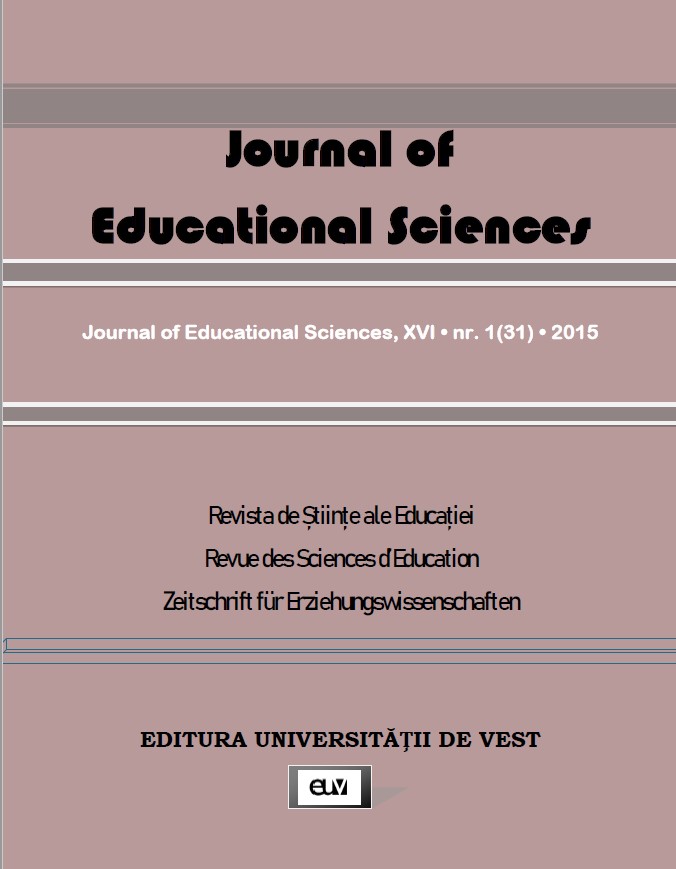The Emergent Learning Model; using the informal processes of learning to address the Digital Agenda for Europe
The Emergent Learning Model; using the informal processes of learning to address the Digital Agenda for Europe
Author(s): Fred GARNETT, Nigel ECCLESFIELDSubject(s): Social Sciences, Education, Higher Education , ICT Information and Communications Technologies
Published by: Editura Universității de Vest
Keywords: informal learning; Bologna Process; Emergent Learning; Web 2.0; andragogy; heutagogy;
Summary/Abstract: The Emergent Learning Model; using the informal processes of learning to address the Digital Agenda for EuropeSince the advent of Web 2.0, which established the participatory web as a platform, we have been involved in rethinking how we might design and support learning to match the potential of this possible new web-based world of education. In our Open Context Model of Learning (Luckin et al 2010) we captured what we had learnt from theory and web-based learning projects, arguing for a model of “informal e-learning”, and for fresh thinking about pedagogy in terms of both andragogy (collaboration) and heutagogy (creativity). We thought this provided an opportunity to rethink the contexts in which learning might take place in the 21st century, as education could be released by the potential of new technology platforms and tools. For us Web 2.0 highlighted the informal social processes of learning over the institutional, formal processes of organising the institutions of education, which raises ethical, cultural and social issues concerning how we might design new contexts of learning. When the EU identified that, post-Bologna, we should look to integrate informal, non-formal and formal learning, we found this inspiring and wrote the Emergent Learning Model (ELM), to both capture what we knew from our own work with informal, non-formal and formal learning and also to be socially inclusive. ELM builds on the Open Context Model and is an attempt to be a learning design tool, what we call a "development framework" for the Digital Agenda Post-Web2.0. We will discuss its origins, the "development framework" we created and how we have used it in designing new learning projects Ambient Learning City & WikiQuals.
Journal: Revista de Științe ale Educației
- Issue Year: 31/2015
- Issue No: 1
- Page Range: 10-19
- Page Count: 10
- Language: English

